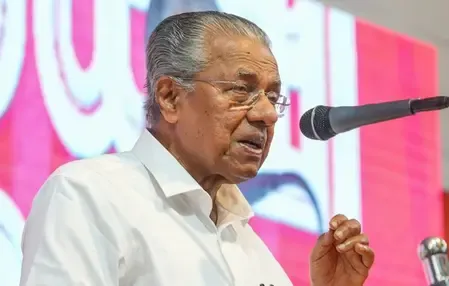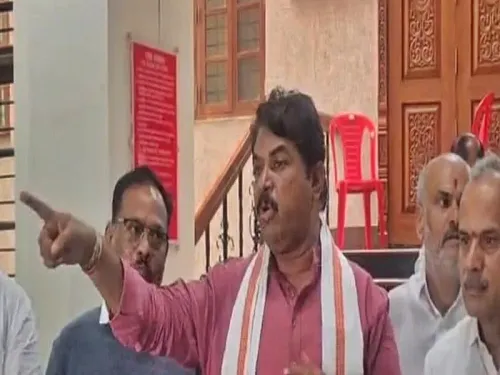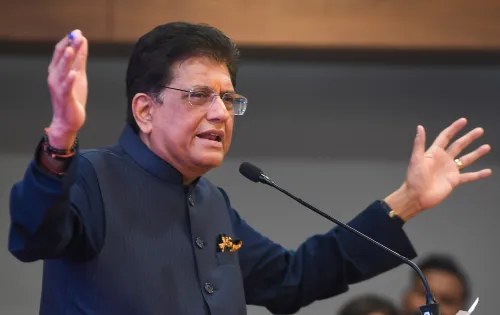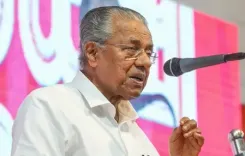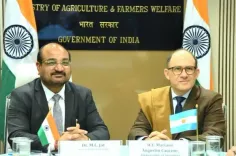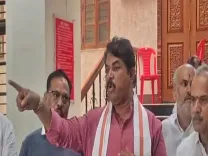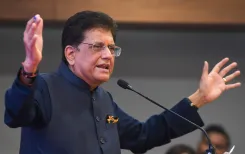Is the Karnataka HC's Stay on Event Approval a Setback for the Congress Government?
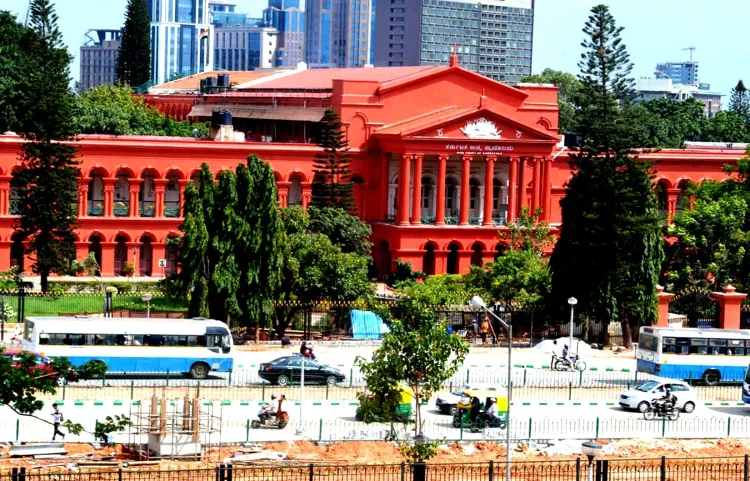
Synopsis
Key Takeaways
- Karnataka HC's interim stay on event approval highlights civil rights concerns.
- The government order aimed to restrict RSS activities in public venues.
- Legal arguments center on constitutional rights and freedom of assembly.
- Political tensions between Congress and BJP intensify.
- The ruling could reshape the future of public engagement in Karnataka.
Dharwad, Oct 28 (NationPress) In a significant blow to the Congress-led administration in Karnataka, the High Court's Dharwad Bench has granted an interim stay on a recent order that required prior authorization from authorities for conducting events in public and state-owned locations.
This order was enacted after a letter from Minister for RDPR, IT and BT Priyank Kharge to Chief Minister Siddaramaiah, which called for a prohibition on Rashtriya Swayamsevak Sangh (RSS) activities in public spaces and government properties throughout the state. This decision has led to heightened tensions between leaders of the Congress and the BJP.
The bench, presided over by Justice M. Nagaprasanna, delivered the interim ruling following a writ petition from Punaschetana Seva Samsthe, an NGO, which challenged the legality of the government's directive.
The petition argued that the order, which classifies gatherings of more than 10 individuals as illegal and necessitates permission for foot marches or public events, is unconstitutional.
Senior counsel Ashok Harnalli, representing the petitioner, asserted that the order issued by the Home Department contravenes both legal statutes and the Constitution. He emphasized that banning gatherings exceeding 10 people in parks, grounds, pools, and lakes is unlawful.
He further noted that the order infringes on citizens' constitutional rights as guaranteed by Article 19(1)(a) of the Indian Constitution. “It is clear from the beginning that this order is unconstitutional,” he argued.
The government counsel requested a week to submit their arguments. The bench remarked on the ambiguity surrounding the government's objectives with such an order. The court has also issued notifications to the Home Department and the state government.
During a cabinet meeting on October 16, the Karnataka government mandated approval for events in public and state-owned venues. While the RSS is not explicitly mentioned in the order, sources indicate that this action primarily targets limiting RSS activities.
The official declaration regarding the order stated, "Government, government-aided institutions, parks, playgrounds, public roads, open spaces, and other properties are designated for the rightful use of citizens. It is crucial to ensure that no barriers or dangers arise that impede public access. Additionally, addressing law and order issues and public grievances is necessary."


